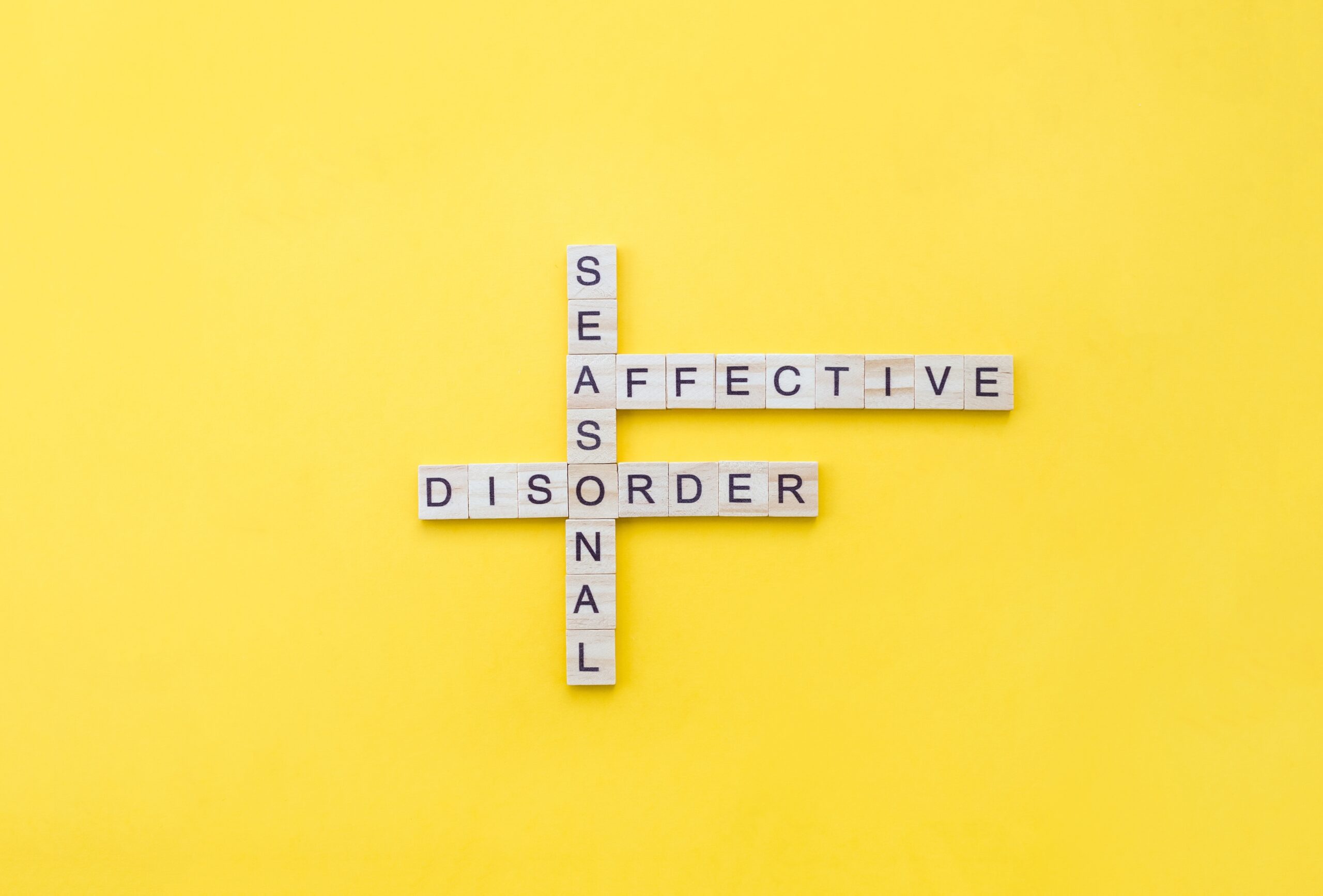Wound care is a serious issue for seniors, when our bodies may not heal as quickly as they once did (whether it be due to more fragile skin or pre-existing conditions like diabetes). On occasion, a wound will not heal completely; this is known as a chronic wound. When this occurs, there are several reasons – some of which can be obvious, while others you may not have thought of but can make a huge difference.
Glens Falls Center for Rehabilitation and Nursing has five reasons to consider and discuss with your doctor.
- Infection
If bacteria invade a wound, it’s going to counteract the body’s defense mechanisms – it will try to fight the infection instead of the wound itself. If you have signs of an infection (fever, pus/drainage, a foul smell, redness, or tenderness), you’ll need to see a doctor to confirm the diagnosis and be prescribed antibiotics.
- Nutrition
A diet rich in lean protein (chicken and fish) and vitamins A and C will help provide the body with nutrients that promote wound healing. Fruits and vegetables like oranges, spinach, sweet potatoes, and bell peppers will all equip you with enough vitamins A and C for your body to do its job.
- Medication
Some of the regular medications you take may include side effects that impede wound healing. Chemotherapy and radiation drugs are notorious for this.
- Poor Circulation
Red blood cells carry new cells to the wound site for repairing the tissue. Poor circulation – whether it be due to diabetes, obesity, or heart disease – will delay this process.
- Drinking Alcohol
Studies have shown that drinking excessive amounts of alcohol can increase infections because the presence of alcohol decreases the white blood cell count in the body, and those are what is used to fight off infections.
To learn more about Glens Falls Center and all of the services they offer, visit https://centershealthcare.com/glens_falls_center/.






